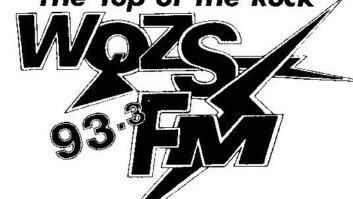Like any mass medium, radio broadcasting is a confluence of business and technology; it includes specialists in both fields working toward common goals. With any such team, a common language steeped in the jargon of the industry is essential for optimum communication.
So it concerns us when we see terminology with conflicting definitions being used by various parties within a single enterprise. The nomenclature we refer to is no less common or influential to our current business than the word “digital.”
Broadcast technologists understand what the word means, in various contexts. Yet the advertising business — the very engine that drives our industry — generally uses the term “digital” to refer specifically to the online advertising sector.
When engineers say “digital,” they mean anything that uses bits; when they use the word in a radio broadcasting context, it refers to audio production, storage and transmission systems that utilize digital technology.
But when advertising, audience research and media sales professionals say “digital,” they typically mean “the Internet,” and when they discuss this in the context of radio advertising, they are referring to ads on a Web site or in streaming online media.
While knowing the context often provides clarity in such situations, we’ve witnessed discussions where the same data was interpreted quite differently by various staff within a single operation. In one example, engineers and others understood the numbers cited as a station’s “digital audience” to mean those listening via HD Radio (which is now possible to measure separately given the coming of the PPM), but the numbers — which came from the sales department — turned out to actually be a measure of the station’s online radio listeners. Other similar cases abound.
This is a particular problem for radio, where digital and analog broadcasting — plus an online presence — will likely co-exist for some time. Moreover, soon all media will be largely digital, so using such an overly broad term to connote a single component within a multi-platform distribution entity will only become more imprecise and confusing.
It is more than mere semantics — it can affect how a business makes decisions. In these pivotal times of multiple transitions, crystal clear presentation of timely information among all parties is critically important. And the word in question isn’t going to fade from usage anytime soon; in fact, the opposite is far more likely.
Yet this is not so difficult to fix. There are commonly understood terms in widespread use that more precisely identify what is intended by ad folks when they currently say “digital,” and we implore this sector — and the entire industry — to begin using such alternate terminology in standardized fashion. Now’s a good to time institute this change, too, with the coming of the wireless Internet, which will also benefit from its own differentiated designation.
Thus we propose the following labels: Let’s all use “Online” to refer to content and services delivered via the Internet, and “Mobile” to refer to its wireless subset. These terms are clear to all, and cover just the constituencies intended, with no overlap or confusion with other distribution technologies.
There are challenges enough facing our medium today. Let’s not add to them with confused communication.
— Radio World












